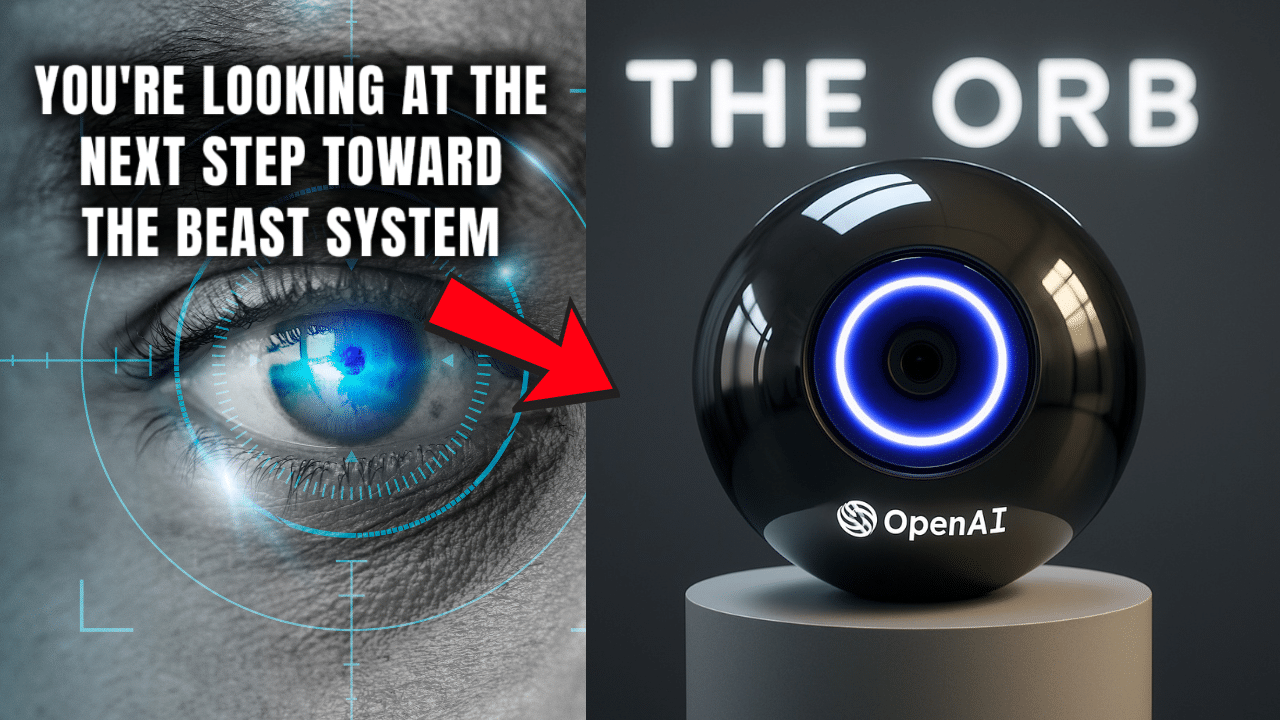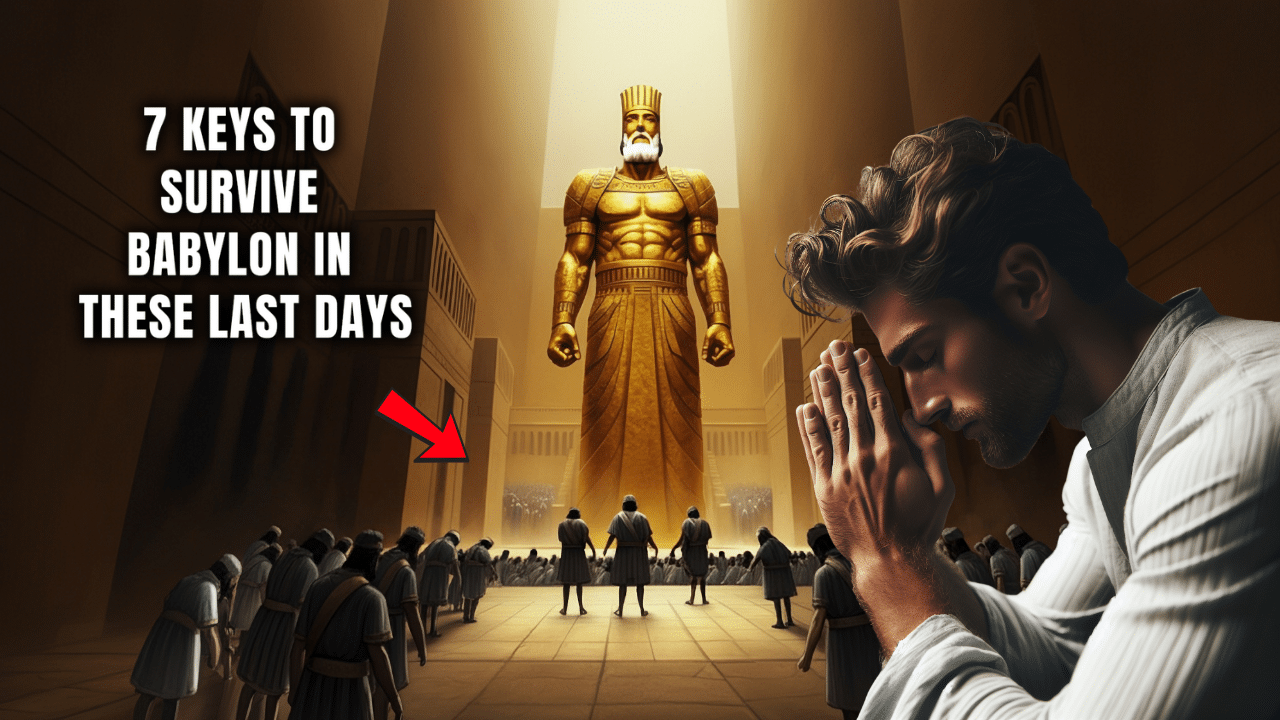The Large Hadron Collider (LHC), housed at CERN near Geneva, Switzerland, has long been celebrated as a triumph of human ingenuity.
Since its groundbreaking discovery of the Higgs boson in 2012, the LHC has provided unprecedented insights into the universe’s fundamental building blocks.
However, a new proposal to construct an even larger successor, the Future Circular Collider (FCC), has sparked a heated debate within the scientific community and beyond.
Is this ambitious project a vital step toward unlocking the universe’s deepest secrets, or merely an extravagant “toy” that risks draining resources from other critical research? News outlets have been abuzz with contrasting perspectives on this €20 billion question.
Proponents of the FCC argue that it represents the next logical step in particle physics.
The Guardian reports that the LHC, currently the world’s largest particle accelerator, confirmed the existence of the Higgs field, which gives fundamental particles their mass.
The FCC, with a proposed circumference of 91 kilometers—three times that of the LHC—would smash particles together at even higher energies, potentially revealing new phenomena that could address lingering mysteries, such as the nature of dark matter or the unification of quantum mechanics and gravity.
CERN’s vision, as highlighted by AP News, is to build a machine capable of probing the universe’s earliest moments, offering clues to its intricate makeup.
Supporters see the FCC as a necessary investment in humanity’s quest for knowledge.
“From the resulting nuclear debris, scientists hope they will then find clues that would help them understand the detailed makeup of the universe,” The Guardian notes, emphasizing the project’s extraordinary ambition.
CERN has estimated the cost at €20 billion, a figure its advocates argue is justified by the potential for paradigm-shifting discoveries.
Critics, however, are far less convinced. The Guardian quotes physicist Haim Abramowicz, who dismissed the FCC as “a toy” that cannot guarantee solutions to the gaps in current theories.
Opponents fear that the project’s massive price tag and decades-long timeline could monopolize funding for subatomic physics, leaving other promising research avenues underfunded.
“The FCC could soak up funds for years and years,” Abramowicz warned, reflecting a sentiment echoed across the scientific community.
This concern is not new. As The Guardian points out, the LHC itself faced similar skepticism before its success with the Higgs boson silenced many doubters.
Yet, with no guarantee of equally transformative results, detractors argue that the FCC’s scale and cost outweigh its potential benefits.
Posts on X have amplified this divide, with some users calling it “the physics community’s most divisive moment,” a sentiment underscored by headlines like “Row erupts over plans for new Large Hadron Collider.”
The debate has exposed a rare fracture in the typically unified world of particle physics. AP News notes that the FCC’s development is already underway in planning stages, with CERN aiming to secure international backing.
However, the financial and scientific stakes have led to what The Guardian describes as an unprecedented split: “The physics community has never split like this.”
Some researchers advocate for alternative approaches, such as smaller, more focused experiments or investments in astrophysics and cosmology, which could yield answers without the FCC’s hefty footprint.
Public sentiment, as reflected in posts on X, ranges from awe at the project’s scale to skepticism about its practicality.
One user cited by The Guardian’s coverage questioned whether the funds could be better spent elsewhere, while others marvel at the possibility of peering deeper into the cosmos.
As of April 1, 2025, the FCC remains a proposal under scrutiny, with CERN pushing forward amid growing contention.
The Guardian reports that its construction could span decades, raising questions about its feasibility in an era of tightening research budgets.
Meanwhile, AP News highlights CERN’s determination to “unlock secrets of the universe,” framing the FCC as a bold gamble on humanity’s scientific future.










